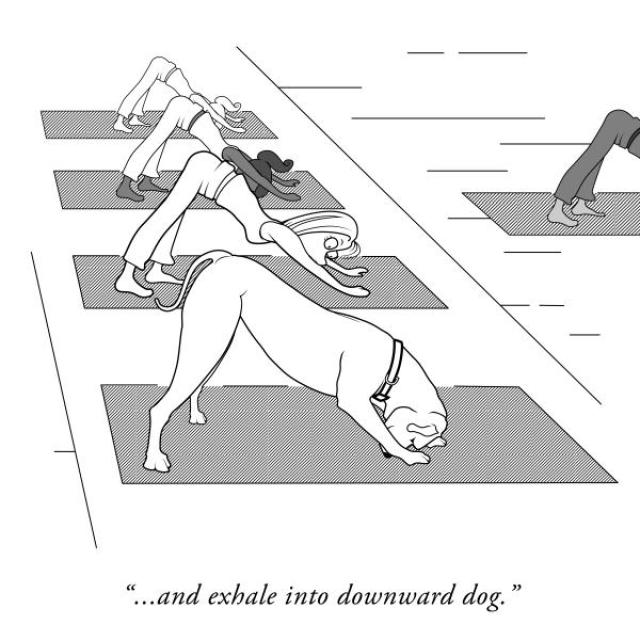You’re not alone if you use smoking to calm your nerves and deal with feelings of anxiety. But the truth is, nicotine can cause anxiety symptoms or make them worse.

What Is Anxiety?
Anxiety is feeling frightened, nervous, or panicky. Most people feel anxiety from time to time in difficult situations, but feel better when the situation ends. Anxiety can be a problem if it is hard to control and affects your day-to-day life. Too much anxiety can also be a sign of an anxiety disorder—which is a common but serious mental illness. Anxiety disorders affect many adults in the United States, but women are more than twice as likely as men to get an anxiety disorder in their lifetime.
People with anxiety disorders experience fear or dread about things that may happen now or in the future. They may also have some of the following physical symptoms:
- Upset stomach
- Weakness
- Shortness of breath
- Nausea
- Rapid heart rate
- Hot flashes
- Dizziness
It is common for people with chronic anxiety to suffer from other conditions, such as depression, irritable bowel syndrome, chronic pain, and asthma.
How Are Smoking and Anxiety Linked?
Some regular smokers believe smoking eases anxiety and they report this is a reason they continue to smoke. However, that’s because smoking relieves their nicotine withdrawal symptoms. This relief is only temporary. Unless they deal with what’s bothering them, anxiety is likely to return and the cycle will continue.
There are many smokefree ways to handle stress and anxiety. Explore these ways to find one or more that works for you.
Get Help for Anxiety
Anxiety is treatable, although many people with anxiety disorders do not seek treatment. Treatment for anxiety disorders depends on the type of anxiety disorder you have and your personal history.
Counseling
A common type of counseling for anxiety disorders is called cognitive behavioral therapy (CBT). You can talk to a trained mental health professional about what caused your anxiety disorder and how to deal with the symptoms.
The aim of CBT is to teach different ways of thinking, behaving, and reacting to the situations that cause anxiety. You may also learn ways to reduce feelings of anxiety and improve specific behaviors caused by chronic anxiety. These strategies may include relaxation therapy and problem solving.
Medications
Several types of medications treat anxiety disorders. These medications focus on relieving the symptoms of anxiety—they are not a cure for anxiety disorders. People who are treated with a combination of counseling and medication tend to have better outcomes than those treated with only one or the other. Talk to your doctor about your anxiety to find out if medication may be right for you.






